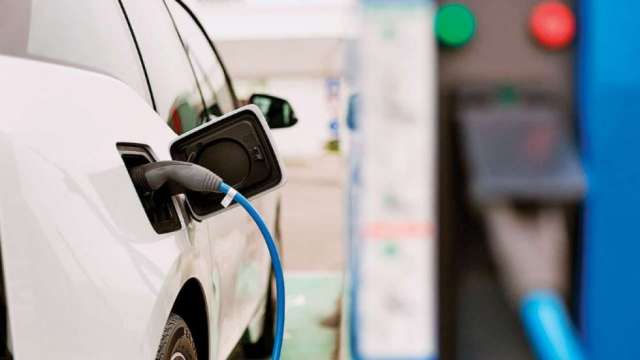As the end of the fiscal year draws near, those who fall into one of the income tax brackets have begun exploring all of their available options in an effort to reduce the amount of taxes they owe.
There are a number of ways to minimize their tax burden and maximize their savings for those who are subject to the Old Tax System. Life insurance for Rs. 1.5 lakhs under Sections 80C and 10(D), PPF for Rs. 1.5 lakhs under Sections 80C and 10(D), NPS for Rs. 1.5 lakhs under Section 80CCD, pension for Rs. 1.5 lakhs under Section 80CCC, Senior Citizens Saving Schemes under Section 80C, and ELSS Funds are among the best ways to save taxes.
It is essential to keep in mind that your deductions will be affected by the tax structure you choose.
For those whose annual income is less than Rs 7 lakh, the Indian government has announced that there will be no tax. In the Union Budget 2023–2024, the announcement regarding the new tax regime was made.
In the Union Budget for this year, no changes have been made for those who remain under the previous system. Investments and expenses like HRA are exempt from taxation under the previous system.
Among the many tax-saving investments, purchasing an electric vehicle (EV) has emerged as one of the most profitable strategies for lowering one’s tax bill.
You can claim a tax deduction of up to Rs 1,50,000 for the interest on a loan used to purchase an electric vehicle under Section 80EEB. The loan must have been approved between April 1, 2019 and March 31, 2023 in order to be eligible.
Section 80EEB:
Deduction for Electric Vehicle Purchases The government announced in the Union Budget 2019 an incentive for electric vehicle purchases that allows for a deduction of interest on loans used to purchase electric vehicles beginning in the fiscal year 2020-21.
Section 80EEB – Eligibility requirements:
1) Individual taxpayers are eligible;
2) EV loans can be used for personal or business purposes.
3) The loan approval period ought to fall between April 1, 2019, and March 31, 2023.
Electric vehicle announcements in Budget 2023 Finance Minister Nirmala Sitharaman reduced the custom duty on lithium batteries from 21% to 13%. Electronics, toys, wireless headphones, electric vehicles, and electrical energy storage systems all make use of lithium batteries.
Imports of capital goods and machinery necessary to manufacture lithium and ion cells for EV batteries are exempt from customs duty. As a result, electric vehicles are likely to become more affordable as a result of this move.
The auto industry described the Budget for 2023–2024 as growth-oriented, claiming that the proposed measures will accelerate growth that is both sustainable and inclusive.
Vinod Aggarwal, president of the Society of Indian Automobile Manufacturers, stated that a 33% increase in capital expenditures with an effective provision of Rs 13.7 lakh crore will encourage economic expansion, which will benefit the domestic automobile industry.
According to FADA President Manish Raj Singhania, capital expenditures of Rs 10 lakh crore for infrastructure will boost CV sales.
According to Sohinder Gill, Director General of the Society of Manufacturers of Electric Vehicles, the local supply chains are beginning to take shape after going through a difficult period of a lack of high-quality “Made in India” EV components for the past two years. As a result, the increase in customs duty on SKD/CBU is timely because it will further encourage the local suppliers due to the relative price advantage.
Nirmala Sitharaman, the finance minister, has made a proposal to boost green transportation even more. “Imports of capital goods and machinery necessary for the production of lithium-ion cells for batteries used in electric vehicles will be exempt from customs duty,” she stated.
Naveen Munjal, the managing director of Hero Electric, stated that the budget reflects the government’s support for the electric vehicle (EV) transition, making it possible to establish a carbon-free nation that thrives on sustainable, futuristic, and alternative fuel technology.

























